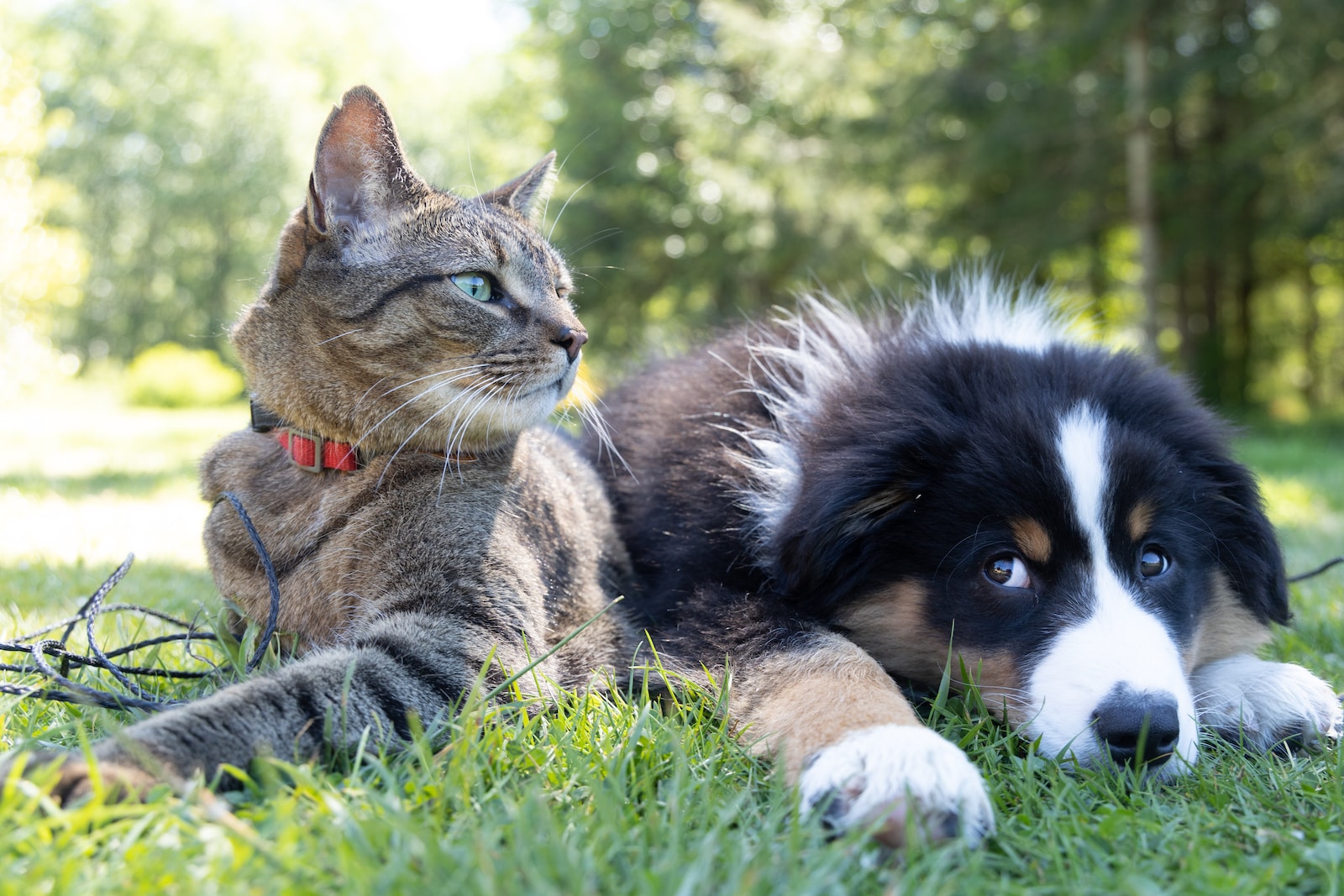Living with and having a close bond with a pet animal does not necessarily lead to significant mental health improvements in people with a serious mental illness, according to researchers.
A survey conducted by the University of York revealed that living with an animal – a dog, cat, fish or bird for example – did not improve wellbeing or reduce depression, anxiety or feelings of loneliness for owners with serious mental illness, such as bipolar disorder or schizophrenia, compared to those who live without an animal.
The researchers, who followed up on an earlier survey conducted in 2021 on investigating aspects of animal ownership and mental health during Covid-19, said their findings counteracted the increasingly held belief that animals boost mental health and wellbeing in all contexts.
In a survey of 170 UK participants with serious mental illness, 81 reported having at least one animal, and more than 95% reported that their animal provided them with companionship, a source of consistency in their life, and made them feel loved.
Dogs and cats were reported as the most frequently owned pet, consistent with the general population. Most participants perceived the bond with their animal to be strong.
However, compared to people with serious mental illness who did not have an animal, no statistically significant improvements in mental health and feelings of loneliness were found in the study.
In the 2021 survey, which used the same cohort of participants, the team had found that having an animal was in fact associated with a self-reported decline in mental health among people with serious mental illness, which may have been due to pandemic restrictions and the challenges of looking after their animal in the context of the lockdown.
Dr Emily Shoesmith, from the University of York’s department of health sciences, said: ‘It is now increasingly assumed that companion animals are beneficial for all owners’ mental health in most or all circumstances, but this may not be the case.
‘The pandemic provided a unique opportunity in which to look more closely at this question, and we found that whilst many participants with serious mental illness reported that their animal was a ‘lifeline’ during this time, the benefits may have been outweighed by the additional stress and anxiety caused by caring for an animal in the lockdown context.
‘These new data were collected after pandemic restrictions had been lifted, and although we found small improvements in terms of reported wellbeing outcomes since the previous survey, we did not find that animal ownership was significantly associated with enhanced wellbeing, depression, anxiety, or loneliness.’
Despite this, most participants perceived there to be a strong human-animal bond with their closest companion animal, and reported their animal provided them with companionship and a source of constancy in their life.
The researchers pointed out that pets may still be a vital part of the social network of people who have been diagnosed with a severe mental illness, but that more work is needed to understand the nuances of the relationship, such as whether the type of animal makes a difference, as well as other external factors that might cause additional stress.
Dr Elena Ratschen, from the University of York’s department of health sciences, said: ‘One possible explanation for our current findings could be that the added responsibility of animal ownership may still exacerbate other potential stressors experienced by people living with severe mental illness. This includes the cost of food, veterinary bills and uncertainty over housing.
‘The findings suggest that the nature of human-animal interactions is complex. The bond between owners and animals was perceived to be high in this study and is undoubtedly very important in people’s lives.
‘It is not necessarily reasonable, however, to assume that it is a means to improve symptoms of serious mental illness or disperse feelings of loneliness in a highly disadvantaged population of people with these illnesses.’
The study, published in the CABI journal Human-Animal Interactions, stated that future research would benefit from recruiting a larger sample size and comparing a wider variation of species identified as the animal the participant felt closest to.
Image: Andrew S













